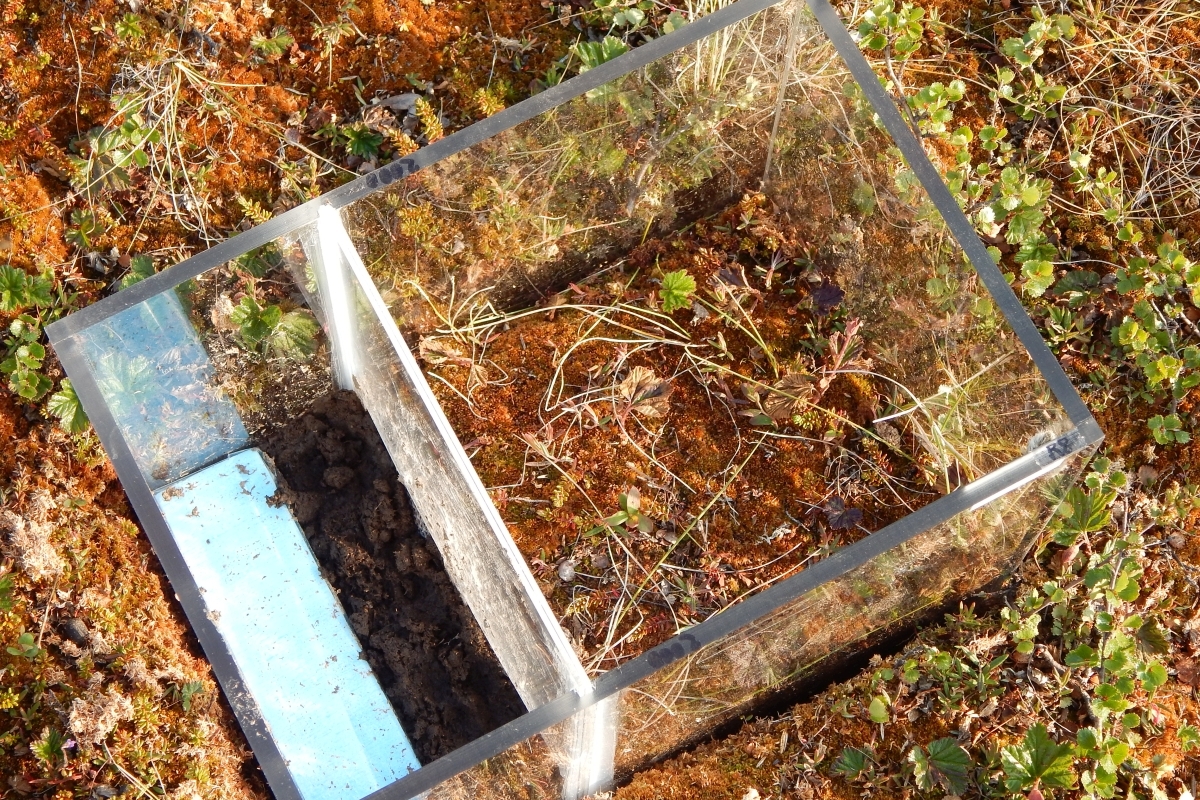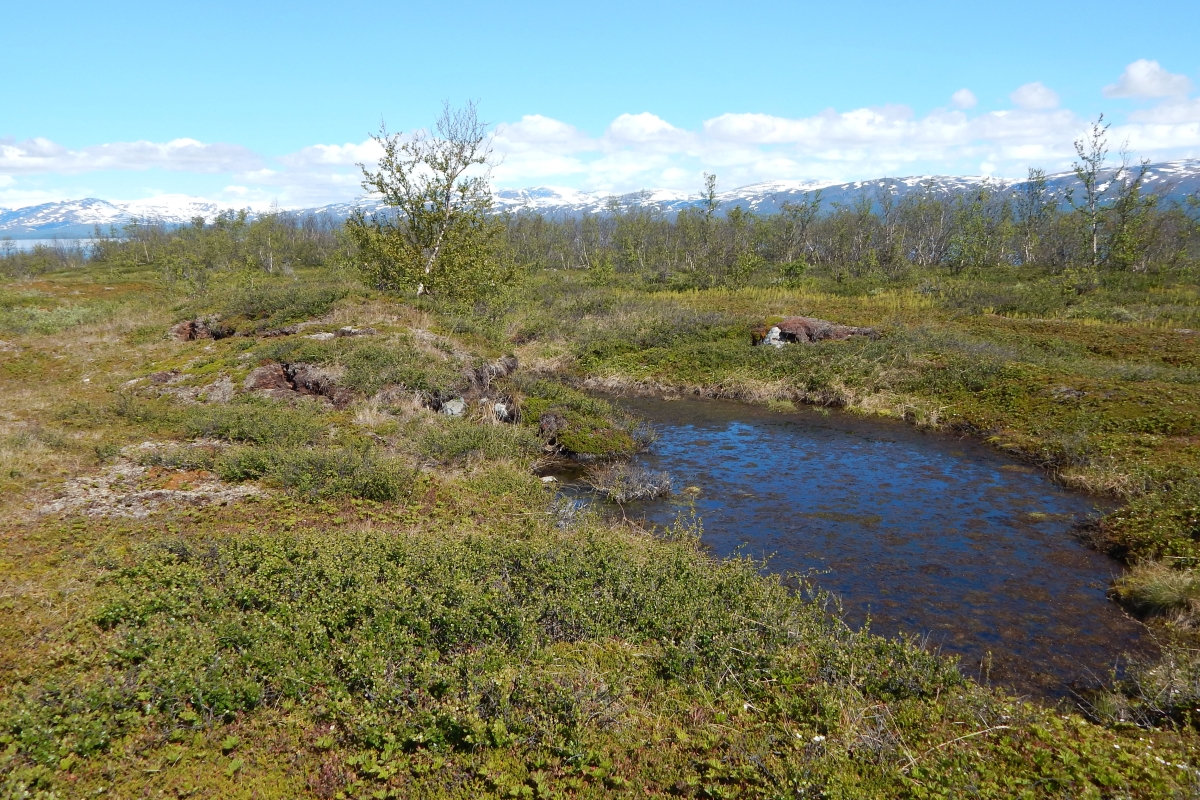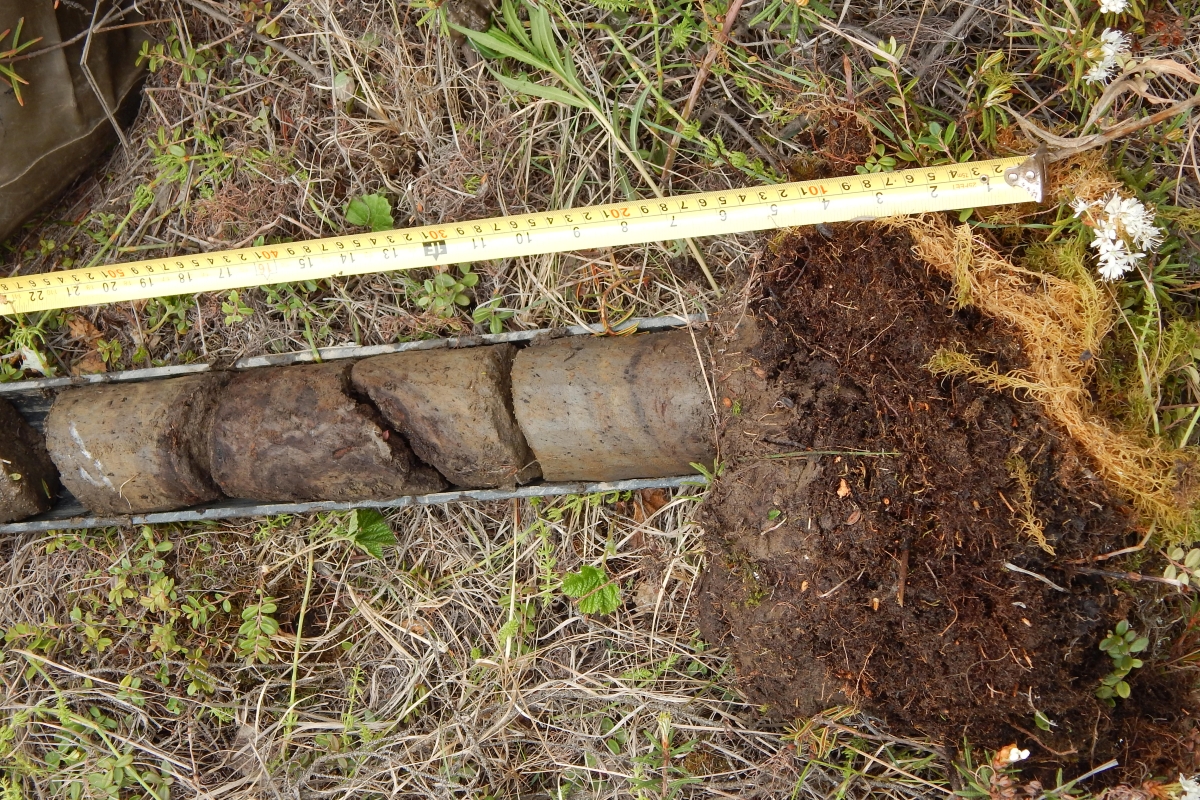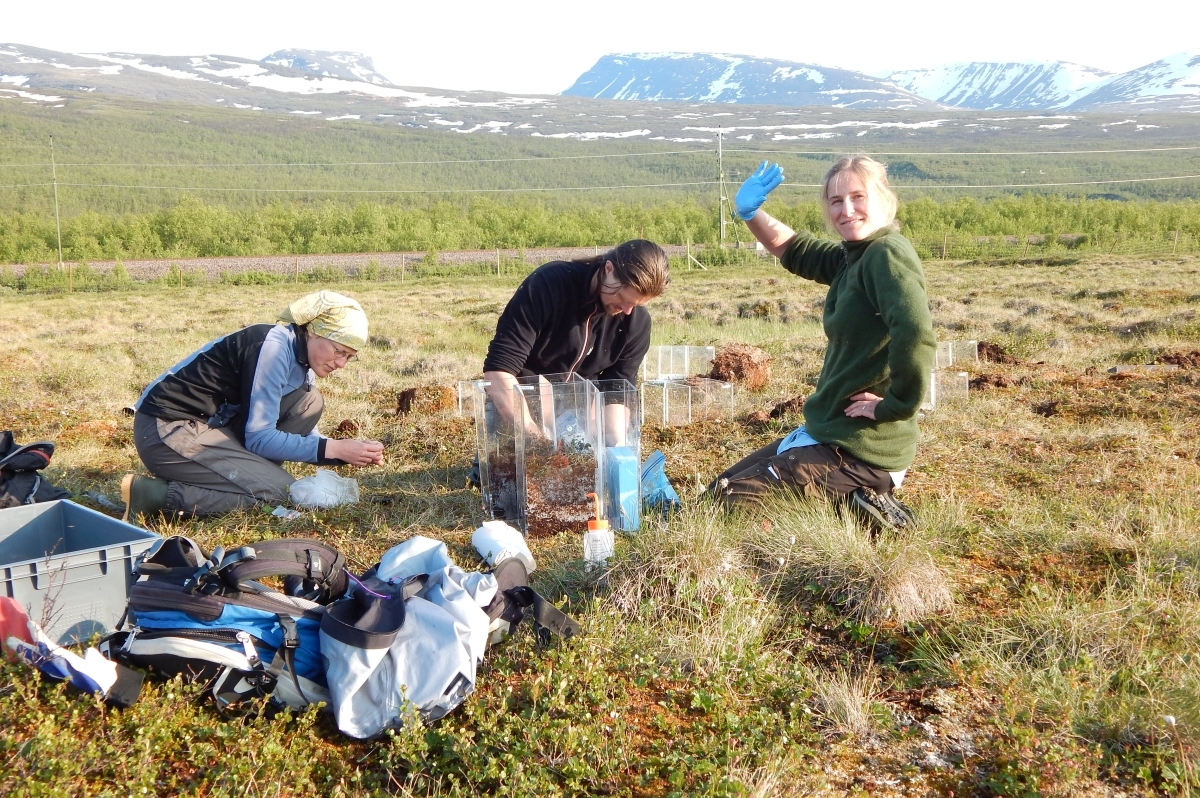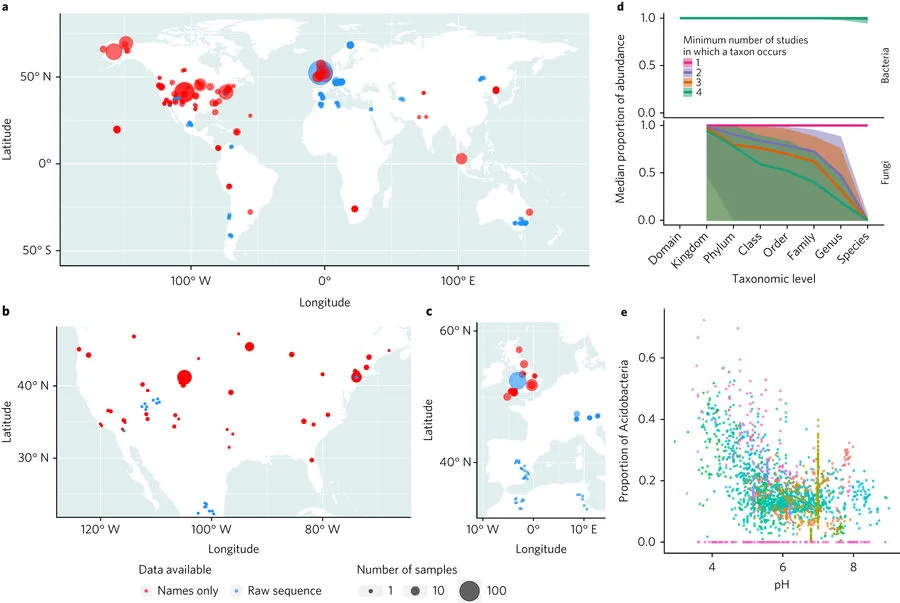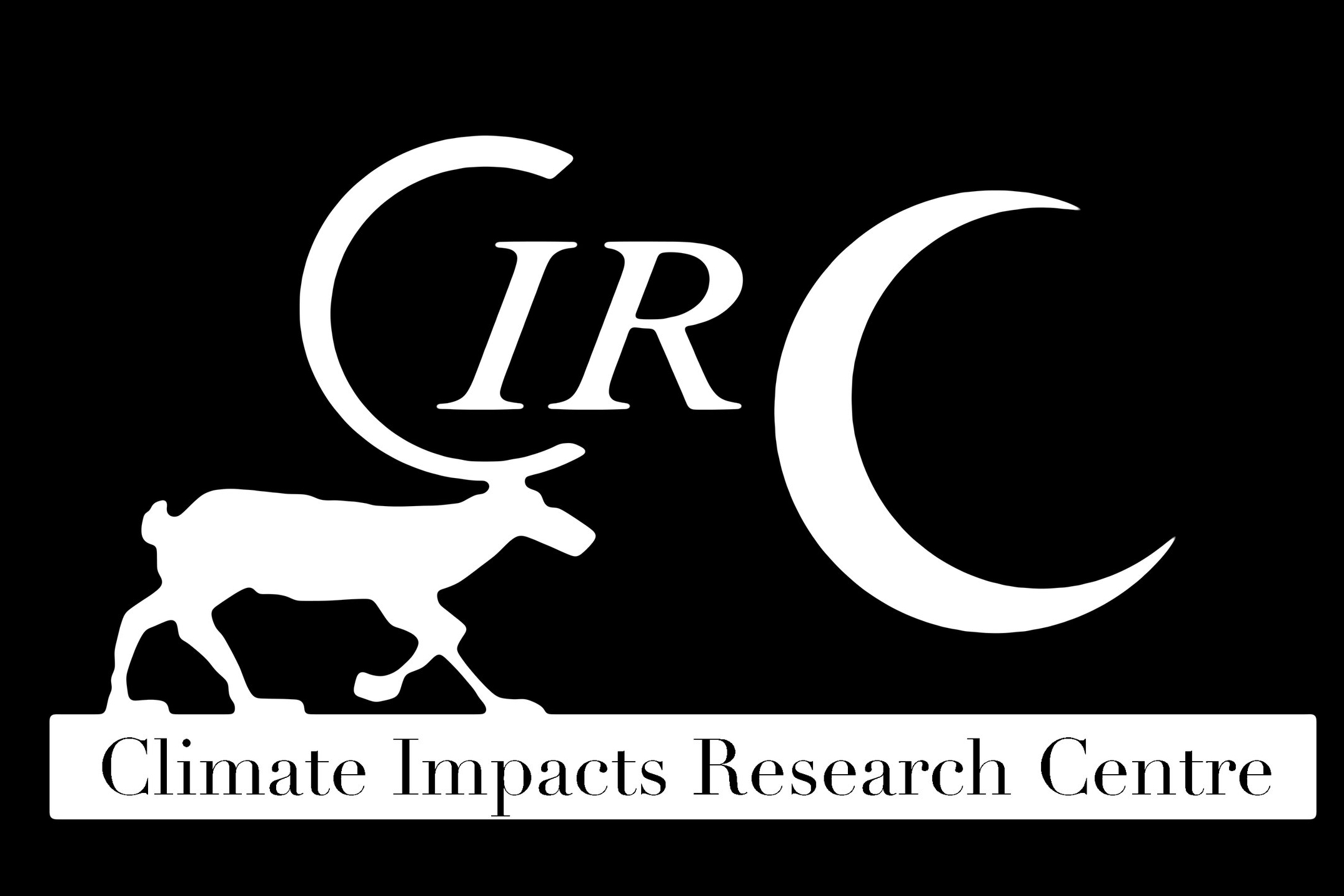Sylvain Monteux
(Affiliated Researcher)
Email: sylvain.monteux@aces.su.se
Research Summary
I am a microbial ecologist interested in low-energy input environments such as permafrost, deep soil and subsurface, and the role microbes play in their biogeochemistry.
Climate change induces the thawing of permafrost, with the potential for large greenhouse gases release due to decomposition of previously frozen organic matter. This raises several questions related to plants and microbial ecology, such as whether plant roots will carry over their rhizosphere microorganisms to deeper soil layers, will plant root colonization create more favorable conditions for decomposition ('hotspots and hot moments', 'priming effects'), or how will plants, microbes and fauna colonize permafrost that subsides with abrupt thawing (thermokarst). ...
These questions relate to wider hot topics in soil and microbial ecology, more specifically the linkage between microbial diversity and ecosystem functions (especially decomposition), or the mechanisms behind rhizosphere priming of soil organic matter decomposition. In addition microbial ecology in such environments can bring insights on evolution, the origin of life and astrobiology, making the study of permafrost soils an exciting field of research.
Project
The large amount of carbon stored in permafrost soils (~1300Gt) will be partly decomposed upon thawing due to anthropogenic climate change. This decomposition will be carried out by decomposer microorganisms and microfauna, and its rates will be driven by changes in the soil physical and chemical conditions: more liquid water will increase substrate availability and warmer temperatures will increase enzymatic reactions rates. Although the changes in physical and chemical conditions can be relatively well modeled, it is less clear to which extent the biotic factors (i.e. plant roots, bacteria and fungi, soil fauna) will affect permafrost carbon decomposition rates. This project tries to address this knowledge gap, more specifically by trying to answer the following questions:
Does microbial community composition affect decomposition rates of thawed permafrost?
Can we observe rhizosphere priming effect in permafrost soils, and does it depend on nutrients availability and/or microbial community composition?
Do different sub-arctic peatland plant species harbour different rhizosphere microbial communities?
How does colonization of subsided permafrost (thermokarst) by microorganisms, soil fauna and plant roots affect the microbial community composition of the permafrost soil, and the ecosystem respiration?
My project aims to address these questions through an array of experimental manipulations at different scales, from in vitro soil incubations to long-term field manipulations. Soil chemistry and plant biomass are obtained using the usual 'plant and soil science toolbox', soil fauna composition and biomass are obtained through extractions, and microbial community composition is determined using next-generation sequencing of amplicons (16S V3-V4, ITS, 18S). The resulting data are interpreted using an array of community ecology multivariate tools, linear-mixed effects models, and structural equation modeling, to try and relate biotic compartments with edaphic factors and ecosystem functions.
Supervisors
Eveline Krab, Swedish University of Agricultural Sciences
Collaborators
Gesche Blume-Werry, Umeå University
Carolina Olid, Umeå University
Sébastien Fontaine, French National Institute for Agricultural Research
Vincent Jassey, French National Centre for Scientific Research
Margareta Johansson, Lund University
Maaike Van Agtmaal, Imperial College London
Erik Verbruggen, University of Antwerp
Funding
Knut och Alice Wallenberg Fundation Academy Fellowship (Ellen Dorrepaal)
The Swedish Research Council (VR to Ellen Dorrepaal)
Formas (Ellen Dorrepaal)
ClimMani European Union COST Action 2015
JC Kempe Memorial Scholarship Foundation 2016
Arcum Strategic Funding 2016
My Research in the News
Photos From the Field
